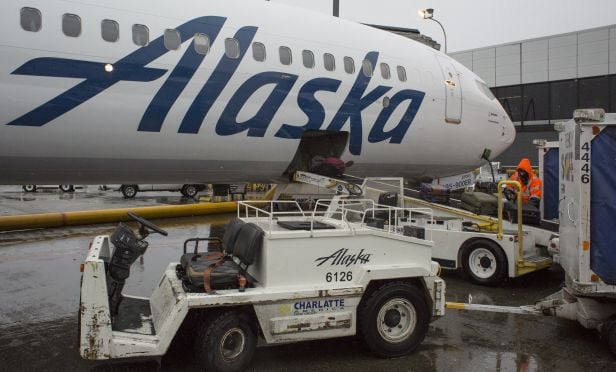 A worker scans baggage as it enters an Alaska Air Group Inc. jet at Seattle-Tacoma International (SEA) airport in Seattle, Washington, on Friday, Feb. 3, 2017. (Photo: David Ryder/Bloomberg)
A worker scans baggage as it enters an Alaska Air Group Inc. jet at Seattle-Tacoma International (SEA) airport in Seattle, Washington, on Friday, Feb. 3, 2017. (Photo: David Ryder/Bloomberg)
(Bloomberg) – Step inside the cockpit of an empty commercial aircraft and the pilot controls are yours. You don't need a key or any special passcode to power up the plane and fly it away, whether it's a small regional jet or a giant twin-deck Airbus A380.
Recommended For You
Want to continue reading?
Become a Free PropertyCasualty360 Digital Reader
Your access to unlimited PropertyCasualty360 content isn’t changing.
Once you are an ALM digital member, you’ll receive:
- Breaking insurance news and analysis, on-site and via our newsletters and custom alerts
- Weekly Insurance Speak podcast featuring exclusive interviews with industry leaders
- Educational webcasts, white papers, and ebooks from industry thought leaders
- Critical converage of the employee benefits and financial advisory markets on our other ALM sites, BenefitsPRO and ThinkAdvisor
Already have an account? Sign In Now
© 2025 ALM Global, LLC, All Rights Reserved. Request academic re-use from www.copyright.com. All other uses, submit a request to [email protected]. For more information visit Asset & Logo Licensing.








